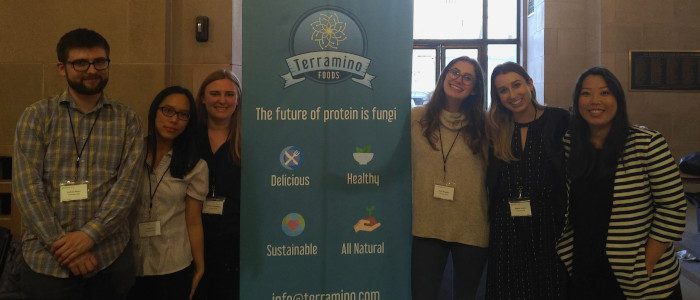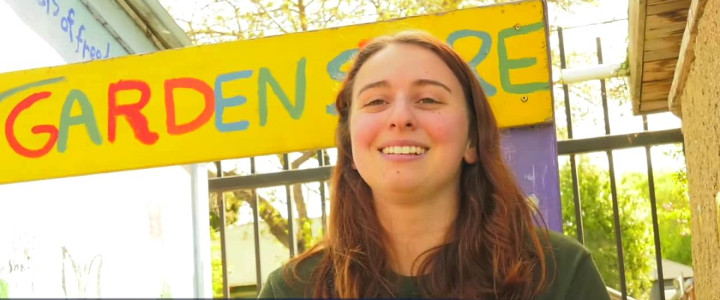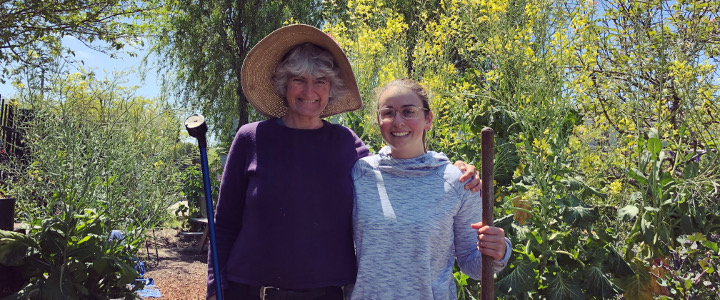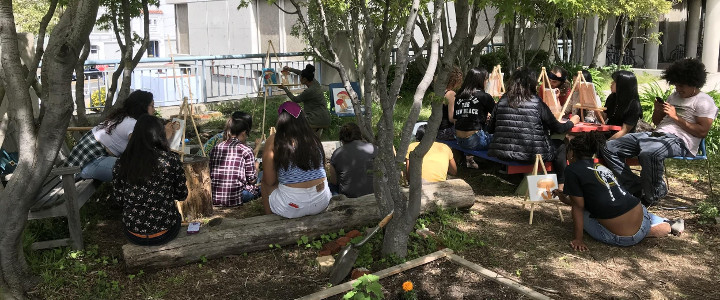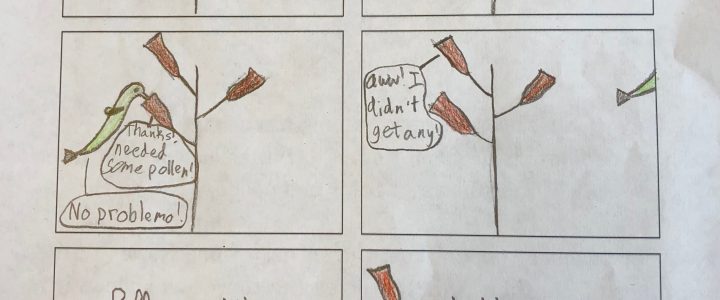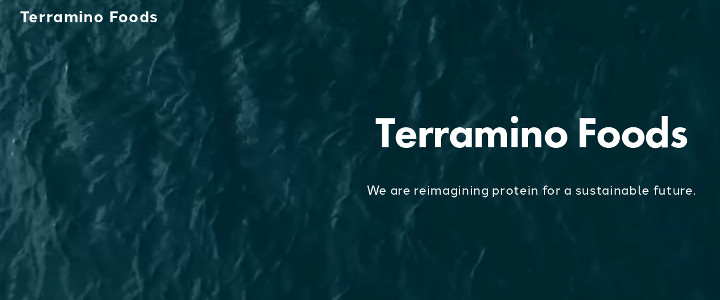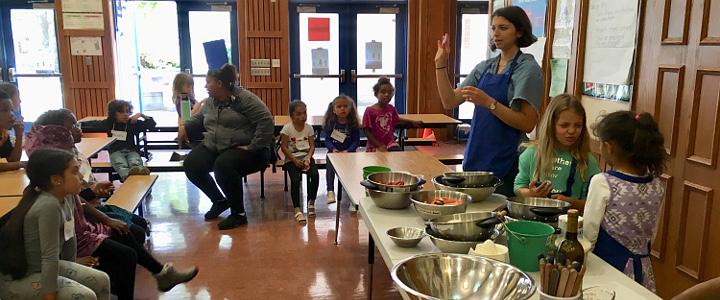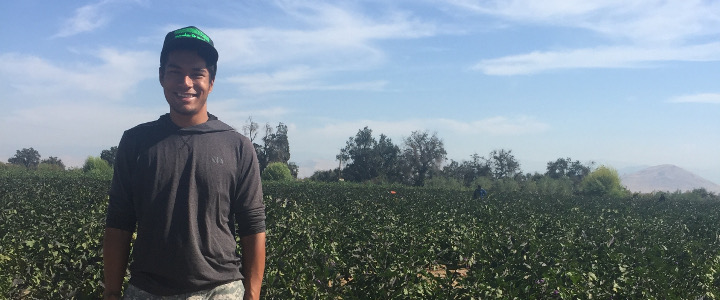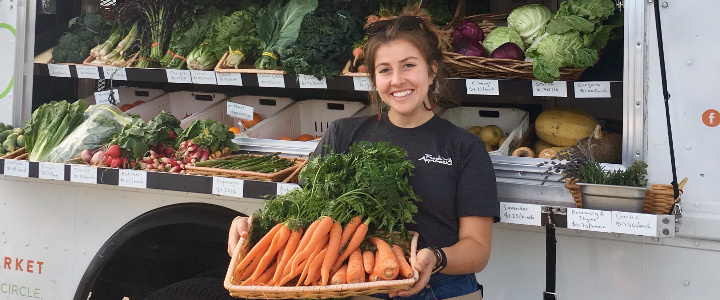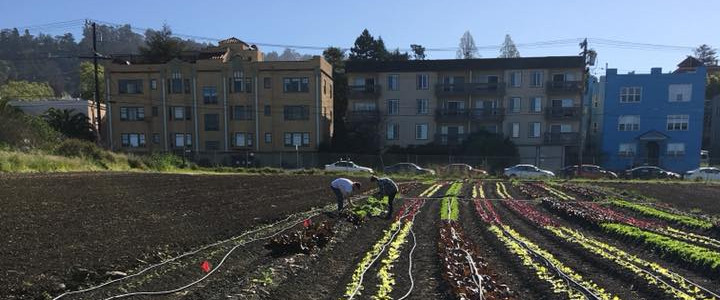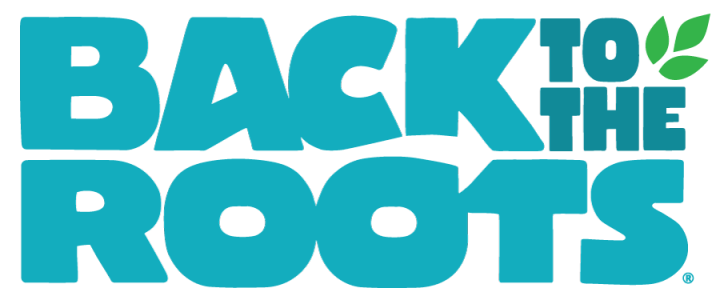Written by Sophia Navarro
Spring 2018
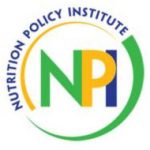 The undergraduate Public Health program at U.C. Berkeley stresses that one’s environment is central to their health. Since being introduced to this concept, I’ve been eager to understand the interaction between place, resource availability, and the policies that make up the surrounding environment with the health of different members of a community. The field of public health argues that some members of a population are disproportionately affected by certain health outcomes, not because of innate differences between groups of people, but rather because of the underlying social determinants of health. The social determinants of health are the physical, economic, and social conditions in the environment in which people live, work, and play that affect health, such as job opportunities, residential segregation, public safety, access to quality education, and public transportation. Groups with particular vulnerability to poor health outcomes include the economically disadvantaged, racial and ethnic minorities, pregnant women, children, the elderly, the immunocompromised, and those with chronic health conditions. Major goals in public health focus on closing the gaps in access to resources and reducing the unfair and avoidable health disparities between groups of people, which are defined as health inequities. Programs that work towards eliminating these differences ensure that every member of a community has the same potential to reach their optimal level of health.
The undergraduate Public Health program at U.C. Berkeley stresses that one’s environment is central to their health. Since being introduced to this concept, I’ve been eager to understand the interaction between place, resource availability, and the policies that make up the surrounding environment with the health of different members of a community. The field of public health argues that some members of a population are disproportionately affected by certain health outcomes, not because of innate differences between groups of people, but rather because of the underlying social determinants of health. The social determinants of health are the physical, economic, and social conditions in the environment in which people live, work, and play that affect health, such as job opportunities, residential segregation, public safety, access to quality education, and public transportation. Groups with particular vulnerability to poor health outcomes include the economically disadvantaged, racial and ethnic minorities, pregnant women, children, the elderly, the immunocompromised, and those with chronic health conditions. Major goals in public health focus on closing the gaps in access to resources and reducing the unfair and avoidable health disparities between groups of people, which are defined as health inequities. Programs that work towards eliminating these differences ensure that every member of a community has the same potential to reach their optimal level of health.
Read more

